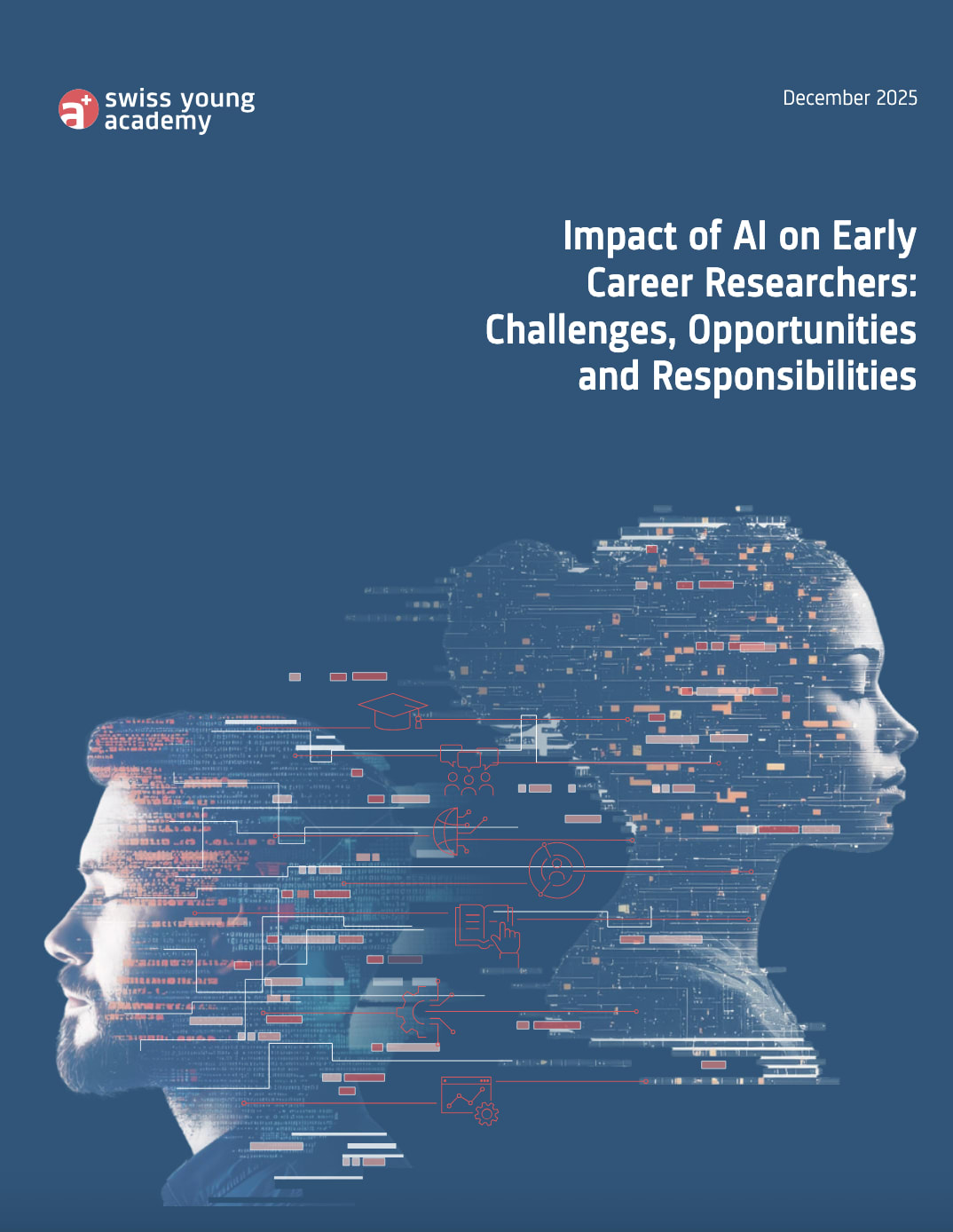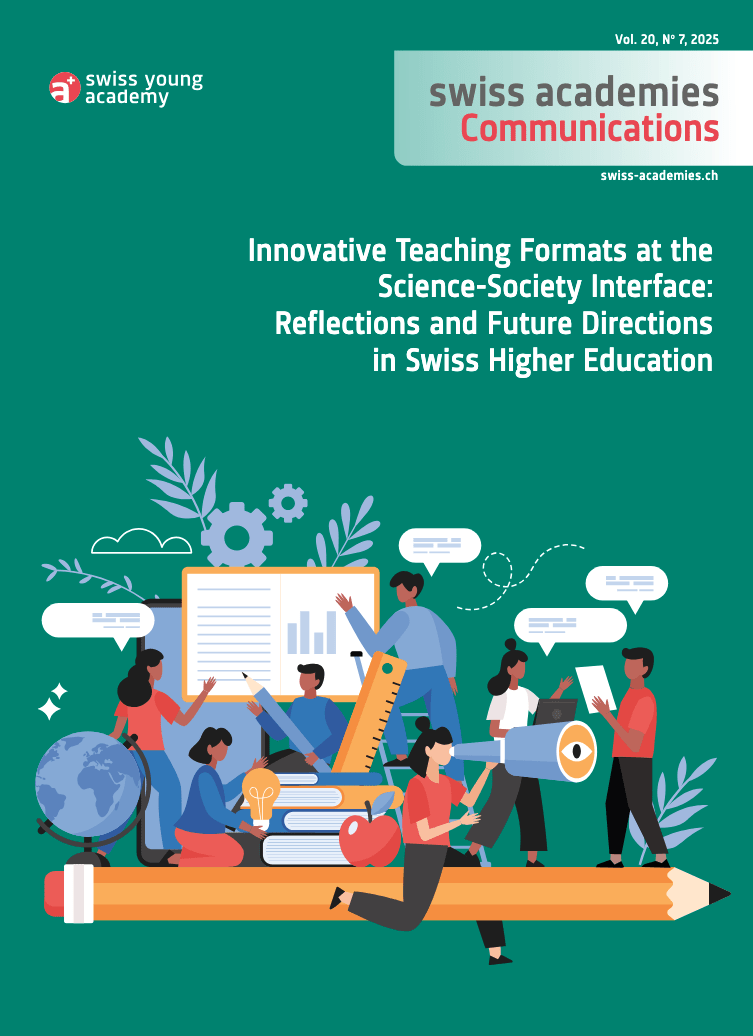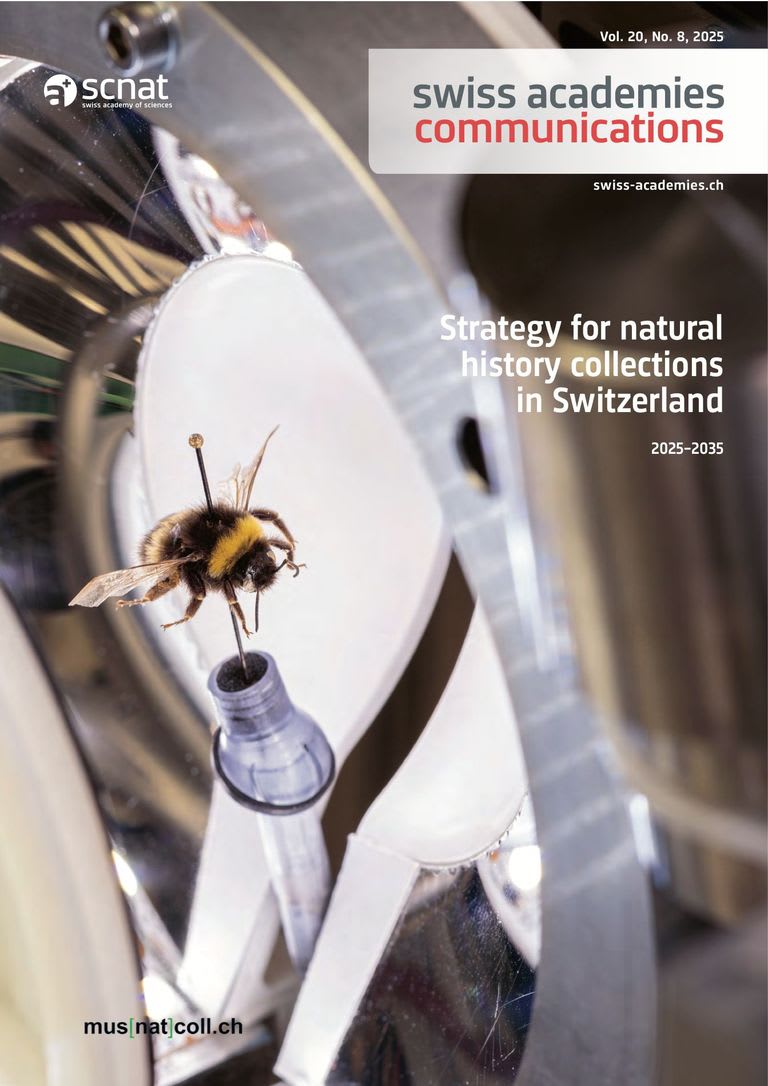Swiss Academy of Humanities and Social Sciences SAHS
Das Meum Scret des Balthasar Gioseph de Vincenz (1789–1858)
SWISS ACADEMIES REPORTS, VOL. 15, NO 2, 2020
Balthasar Gioseph de Vincenz aus dem surselvischen Dorf Siat reiste mit 16 Jahren nach Spanien und stellte sich in den spanischen Solddienst. Er nahm an zahlreichen Kämpfen teil und geriet einmal gar in französische Gefangenschaft, konnte sich daraus befreien und machte danach eine steile Karriere im spanischen Heer.
Der Autor zeigt in einzelnen transkribierten Passagen aus dem «Meum Scret» die Nähe des Schreibenden zum Spanischen. Da sich der Sprachkontakt zwischen dem Bündnerromanischen und dem Spanischen aufgrund der geographischen Begebenheiten nicht von sich aus ergibt, spiegelt diese Handschrift eine ganz persönliche Sprachbiographie und stellt daher auch in sprachwissenschaftlicher Hinsicht ein ganz besonders interessantes Schriftstück dar.
Ursin Lutz (2020) Das Meum Scret des Balthasar Gioseph de Vincenz (1789–1858). Swiss Academies Reports 15 (2).




